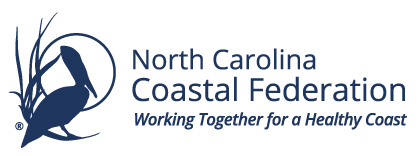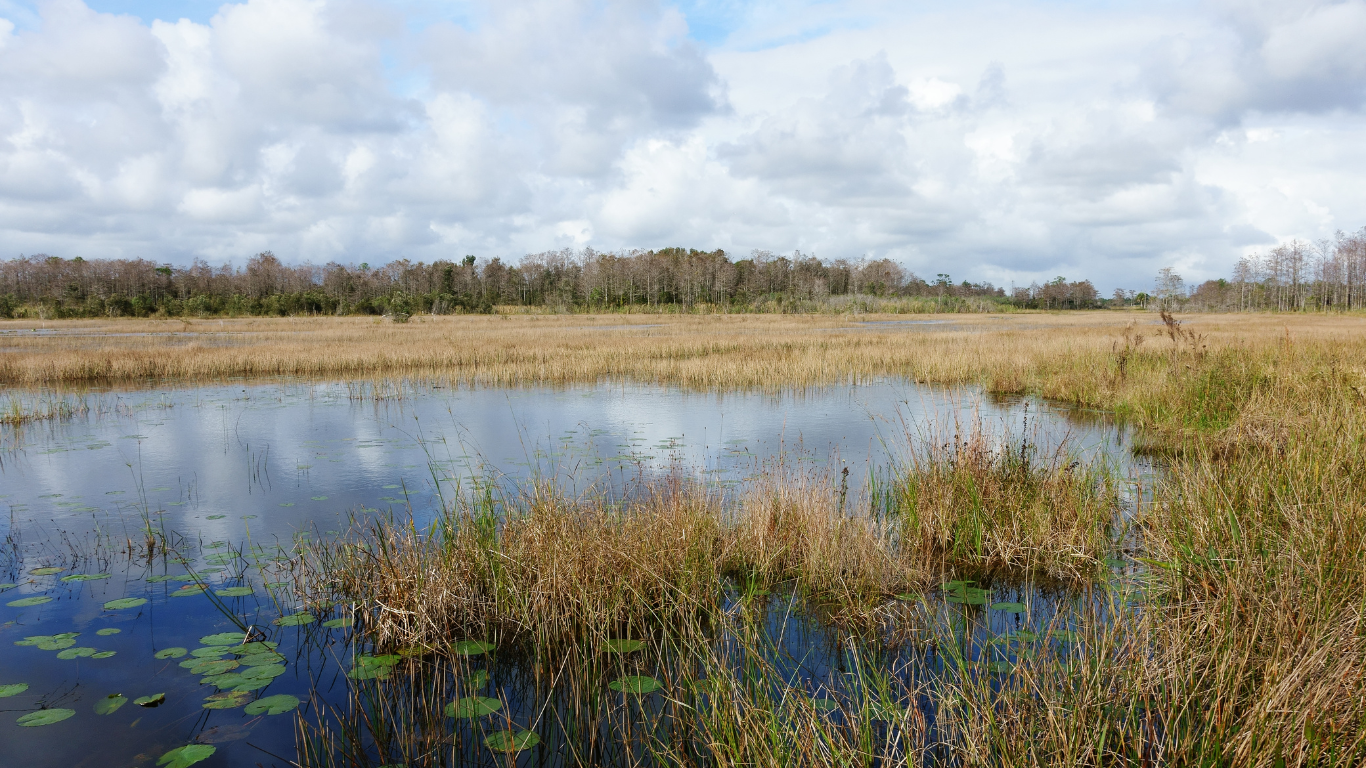Research Projects
The Coastal Stormwater Center of the Southeast will fund applied research that addresses gaps and barriers to local adoption of effective stormwater management technologies by coastal communities. Planned research projects are summarized below. The resulting data, resources, tools, and guidance specific to managing stormwater in coastal watersheds will be posted on the National Stormwater Manager’s Clearinghouse (COMING SOON).
Adapting Stormwater for Rainfall Patterns in the Coastal Southeast
Project Lead: Center for Watershed Protection
The Center for Watershed Protection will review and summarize recent research on rainfall data and stormwater as well as the hydrologic models, precipitation data sources, and state stormwater design standards and criteria for rainfall and runoff modeling that influence design of the urban landscape across the southeast region. The results will include a menu of adaptation options that coastal communities can use to increase stormwater resilience. It will also help stormwater managers understand the different types of data available to represent future rainfall patterns, where to access it, and how to use it to adapt stormwater designs.
Stormwater BMP Performance in the Coastal Southeast
Project Lead: Center for Watershed Protection
The Center for Watershed Protection will conduct a review of research on stormwater BMP performance in the southeast coastal region. This will include extracting coastal southeast-specific study data from the Urban Stormwater BMP Database and calculating summary statistics on percent removal. It will also include reviewing and summarizing recent research on the pollutant removal performance of emerging stormwater BMPs in coastal environments as well as their ability to remove contaminants of emerging concern such as PFAS or microplastics. The product will be a memo that includes a matrix summarizing what is known about BMP performance and applicability in coastal areas and highlights gaps.
Coastal Stormwater Design Forum
Project Lead: Center for Watershed Protection
The Center for Watershed Protection will host a virtual design forum with coastal stormwater design experts to identify potential design adaptations for stormwater retrofitting in coastal areas with specific constraints, such as high groundwater. The result will be a memo that includes guidance for assessing vulnerability of stormwater infrastructure and retrofit potential in coastal watersheds, with design guidance for various retrofit options. This guidance will help coastal communities to evaluate the vulnerability of their urban areas and identify the most applicable strategies for improvement.
Shallow Groundwater Mapping to Improve Stormwater Management in Coastal Plain Communities
Project Lead: East Carolina University
This project will pilot the use of publicly-available LiDAR and soil survey data to locate unmapped stormwater features and estimate the depth of the water table in Greenville, NC. Shallow groundwater impact sewer infrastructure in the coastal plain, often leading to ineffective BMPs due to rising groundwater or poor siting. Communities lack groundwater data for BMP planning. The research team, with expertise in GIS, soils, stormwater, and groundwater, will use existing monitoring wells and develop a broader surficial aquifer monitoring network to map the shallow groundwater table. This project will provide a jurisdiction-wide map of stormwater infrastructure, high and low water tables, and potential retrofit approaches for the City of Greenville. More importantly, it will field test a low-cost approach that coastal plain communities can use for infrastructure planning, improving long-term resilience and performance of stormwater infrastructure.
Development and Deployment of a Low-Cost, Real-Time Water Level Monitoring Network Across Southeast Coastal Communities
Lead: University of Florida
This project involves technical development and deployment of a low-cost, real-time water level monitoring network across southeast coastal communities (3-5 stations per state) that sends data to a web-enabled dashboard. The platform will use open-source design with off-the shelf components. University of Florida will develop and operate a centralized website for hosting data, combined with tidal and precipitation forecasts to alert communities of compound flooding risk in the near future. They will also build capacity to enable further deployment beyond the funding period by training collaborating organizations on the construction and deployment of sensors and developing guidance that includes links to source code, video instructions, a parts list, and other documentation.









